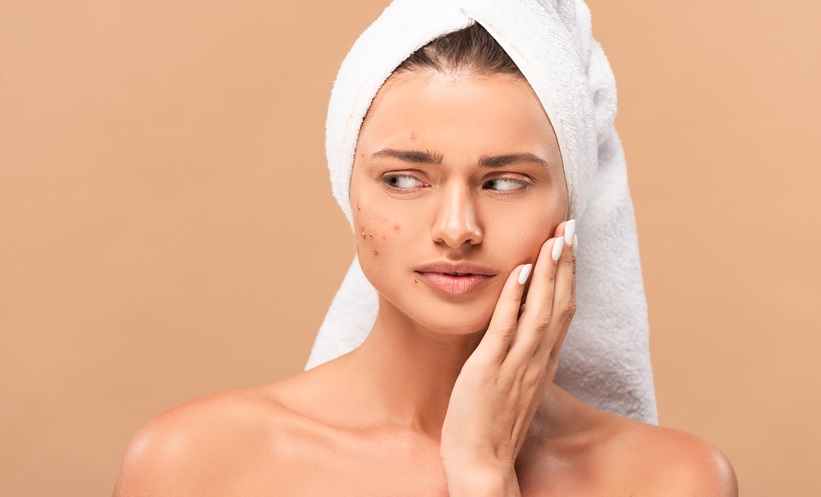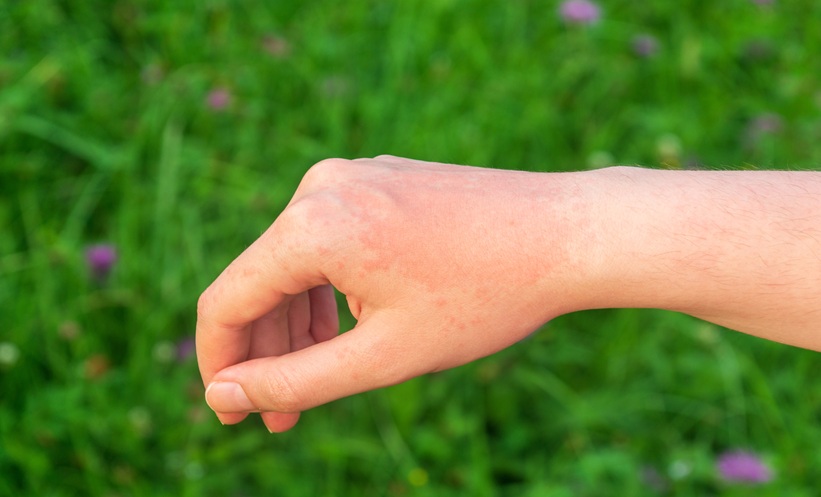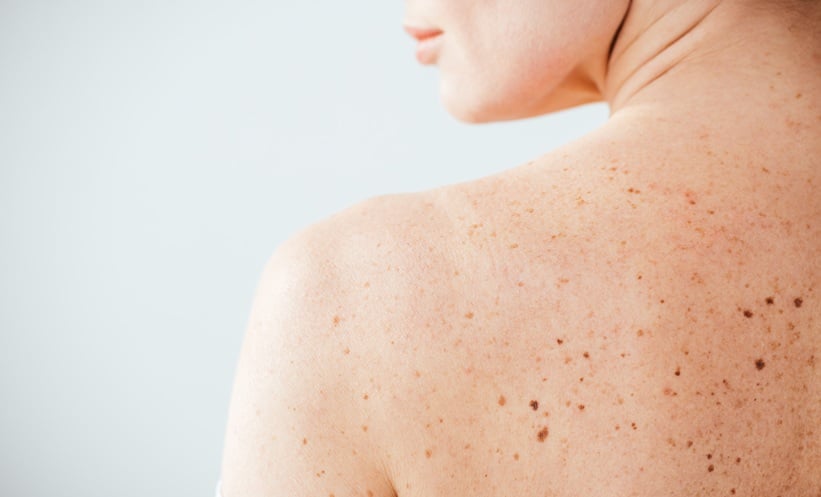ORAL probiotics may offer therapeutic benefits for patients with acne, according to a new systematic review and meta-analysis of randomized trials. Researchers found that probiotics were associated with reduced disease severity, fewer total lesions, and improvements in skin hydration and sebum balance compared with control groups.
Acne, one of the most common dermatological conditions, is marked by comedones, papules, pustules, and in some cases cysts. While probiotics are widely studied for their role in skin health, their effectiveness in acne has remained uncertain. This review sought to clarify their role by examining randomized trials comparing oral probiotics with placebo or pharmacologic interventions.
From an initial pool of 632 studies, nine trials involving 623 patients were included in the analysis, with seven suitable for quantitative assessment. After four weeks of treatment, only slight differences were observed in lesion counts between probiotic and control groups. However, after 12 weeks, patients receiving probiotics showed significant improvements. These included a reduction in total lesion counts by an average of 10.35, improvements in both inflammatory and noninflammatory lesions, and a marked improvement in disease severity grading (SMD=-1.38, 95% CI=-2.69 to -0.08).
In addition to clinical improvement, probiotics enhanced skin hydration and balanced sebum production. Importantly, no major adverse effects were reported across the included studies, suggesting a favorable safety profile.
These findings support the potential role of oral probiotics as a complementary therapy for acne management, particularly over longer treatment durations. Further large-scale randomized trials are warranted to better define the patient populations that may benefit most from probiotic use.
Reference:
Lin H et al. Efficacy of oral probiotics in patients with acne: a systematic review and meta-analysis of randomized trials. Clin Exp Dermatol. 2025; doi:10.1093/ced/llaf388








